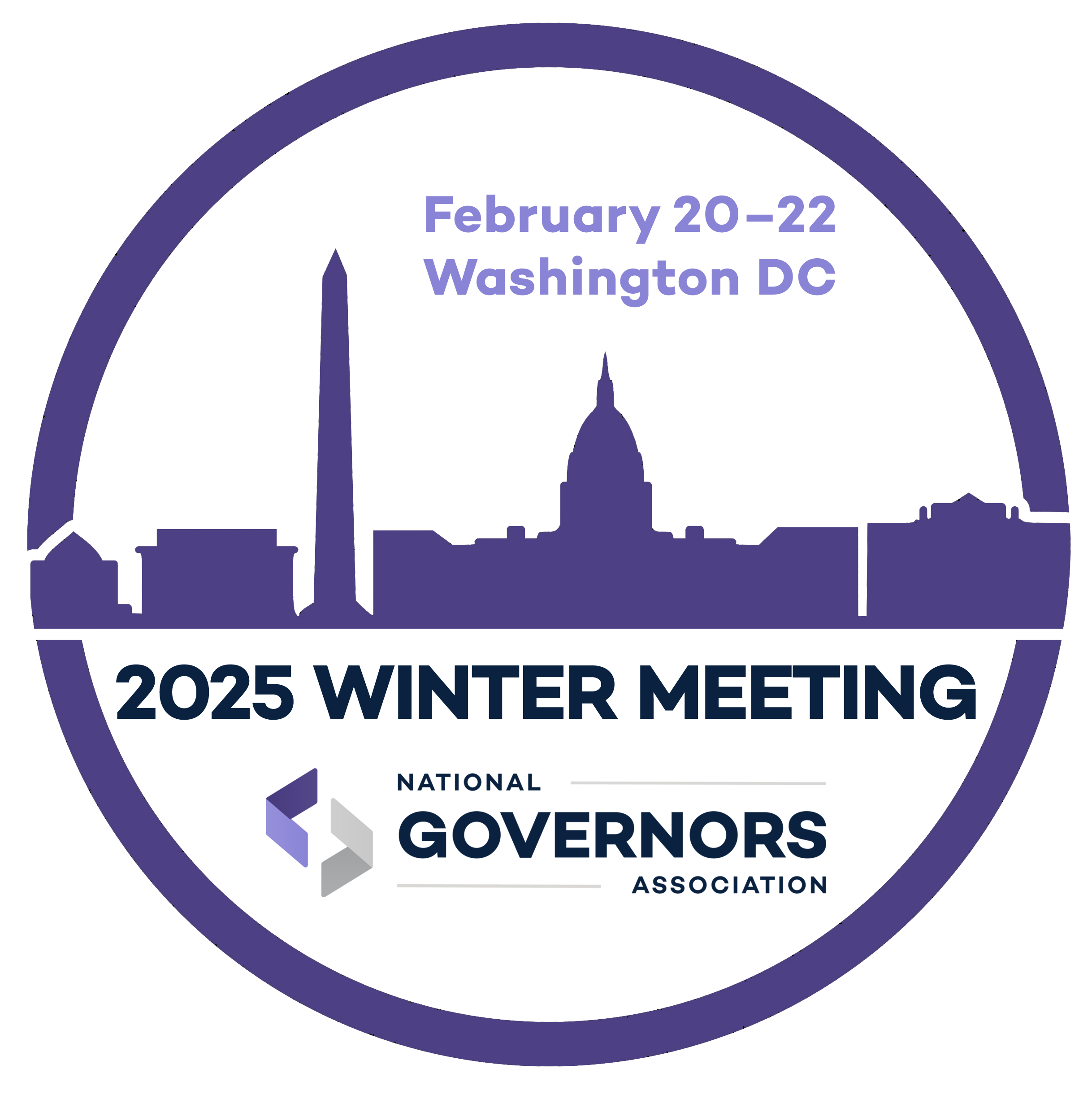The Honorable John McCain
Chairman
Senate Armed Services Committee
218 Russell Senate Office Building
Washington, D.C. 20510
The Honorable Jack Reed
Ranking Member
Senate Armed Services Committee
218 Russell Senate Office Building
Washington, D.C. 20510
The Honorable Mac Thornberry
Chairman
House Armed Services Committee
2216 Rayburn House Office Building
Washington, D.C. 20515
The Honorable Adam Smith
Ranking Member
House Armed Services Committee
2216 Rayburn House Office Building
Washington, D.C. 20515
Dear Chairman McCain, Chairman Thornberry, Ranking Member Reed, and Ranking Member Smith:
On behalf the National Governors Association, the Air Force Association, the National Guard Association of the U.S., the Enlisted Association of the National Guard of the U.S., the Adjutants General Association of the U.S., and the Reserve Officers Association, we urge you to include House Section 503 of H.R. 2810 and Senate Section 703 of S.1519 in the final Fiscal Year (FY) 2018 National Defense Authorization Act (NDAA).
As you begin deliberations, we ask for your support for the following provisions which our associations firmly believe will help ensure the readiness and well-being of our citizen soldiers and airmen.
- House Section 503 – Equal treatment of orders to serve on active duty under section 12304a and 12304b of title 10, United States Code: We request you retain House Section 503, which would authorize Reserve Component members access to pre-mobilization and transitional TRICARE health care when deployed under 12304a and 12304b of Title 10, United States Code. This provision is critical, as we believe all those deployed in support of national interests and defense, regardless of status, should be afforded the same benefits.
We appreciate the House and Senate including provisions that would help to correct some critical benefit inequalities. However, considering the increased reliance on the operational reserve, to include increased man hours, deployments under 12304a and 12304b, and the growing demand from Combatant Commands for Reserve Component forces, we believe benefit parity for those deployed is a significant readiness issue for the Department of Defense and the nation.
We believe the recent hurricanes and exposure of Reserve Component responders to health hazards support the need to healthcare after this deployment. According to Web MD, “Even healthy people, after Harvey’s destructive force, could face health hazards related to polluted air, contaminated water, infected wounds, mold, contagious diseases, carbon monoxide, and mosquitoes.” The transitional healthcare benefit is crucial in deployments for natural disasters. It is unacceptable to have such widespread disparity between the Active and Reserve Components, and we call on Congress to ensure the implementation of full benefit parity in law so that we keep faith with our service members and their families.
- Senate Section 703 – Modification of eligibility for TRICARE Reserve Select and TRICARE Retired Reserve of certain members of the Reserve Components: We ask that you retain Senate Section 703, which would modify 10 United States Code § 1076d to expand TRICARE Reserve Select to all members of the Selected Reserve of the Reserve Component. We believe inclusion of this provision would also help fill shortages in the federal technician program by reducing out-of-pocket costs, increase continuity of care and increase the readiness of our military by ensuring the availability of healthcare to all service members.
Additionally, we thank Congress for increasing the overall end strength of our military. However, although we have seen increases to end strength, the Reserve Component has not seen the commensurate growth in full-time support. This lack of growth for full-time support is of great concern to our associations.
Full-time support soldiers and airmen are critical enablers for the Reserve Component. Full-time support provides vitally important assistance to units prior to and after deployments, ensure operational readiness and maintain unit availability for immediate response to emergencies. We believe the continuing reduction to full-time support positions in recent years has put the effectiveness and readiness of an operational reserve at risk. This is far more concerning when coupled with an increased demand on the operational reserve. Our reserve forces are ready and willing to serve in any capacity, but we must ensure they have the support they need.
Our associations encourage Congress to review the current full-time support requirement for the Reserve Component, and ensure that they are responsibly resourced. We should provide every resource to those who wish to serve, including manpower and associated benefits.
Inclusion of these key provisions highlighted above is critical for ensuring that our National Guard and Reserve members have the tools and benefits needed to carry out their Total Force mission. We appreciate your consideration of these provisions in the final FY 2018 NDAA and thank you for your continued support of the men and women of our Armed Forces.
Sincerely,
Scott Pattinson
Executive Director,
National Governors Association
BG J. Roy Robinson, U.S. Army (Retired)
President,
National Guard Association of the United States
Denise Hollywood
Executive Director and Vice President,
Air Force Association
MG Glenn H. Curtis, U.S. Army
President,
Adjutants General Association of the United States
Lt. Col. Donald L. Stockton, U.S. Air Force (Retired)
National President
Reserve Officers Association
SGM Frank Yoakum, U.S. Army (Retired)
Executive Director,
Enlisted Association of the National Guard
of the United States













